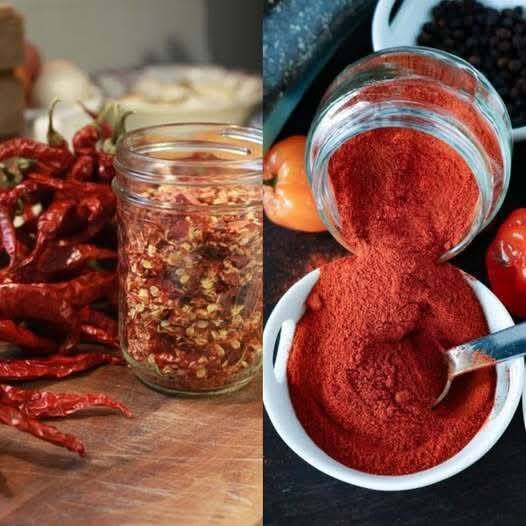Fighting Plaque Build-up: Capsaicin has shown promise in reducing the buildup of plaque in arteries. This is crucial for preventing conditions that can lead to blood clots, like atherosclerosis. By adding cayenne pepper to your meals, you may contribute to keeping your arteries healthy and free from plaque.
Add it to Your Meals: Sprinkle about one tablespoon of cayenne pepper into your daily meals, sauces, or dressings for an extra kick of flavor and health benefits. If you find the spice level too intense, start with smaller amounts and gradually increase as your body adjusts.
Consider Cayenne Pepper Supplements: Capsaicin is available in supplement form, offering a more controlled and concentrated way to consume the compound. However, always consult with your healthcare provider before starting any new supplement, especially if you have underlying health conditions or are taking medication.
Try Cayenne Pepper Tea: Another popular method to enjoy cayenne pepper is by making cayenne pepper tea. Simply add a small pinch of cayenne pepper to hot water and, if desired, add some lemon and honey to enhance the flavor and reduce the heat.
Watch Your Tolerance: Some individuals may experience stomach irritation or discomfort when consuming cayenne pepper, especially if they are not accustomed to spicy foods. It is essential to moderate your intake according to your tolerance level.
Be Aware of Medication Interactions: Cayenne pepper may interact with certain medications, such as blood thinners and stomach acid reducers. Always consult with your healthcare professional before incorporating significant amounts of cayenne pepper into your diet if you are taking medication.
Remember, it’s Not a Cure-All: While cayenne pepper may offer potential health benefits, it is crucial to note that it should not be considered a cure or sole treatment for blood clots or any serious medical condition. Cayenne pepper should complement a well-rounded diet and a healthy lifestyle, along with any prescribed treatments.
Incorporating cayenne pepper into your diet could be a valuable addition to your heart-healthy lifestyle. With its potential to prevent blood clots due to its capsaicin content, cayenne pepper provides a natural way to promote cardiovascular health. However, it is important to approach this as part of a broader health strategy that includes regular medical check-ups and following the medical advice tailored to your personal health needs. So why not spice up your meals and support your heart health with some cayenne pepper today?
ADVERTISEMENT

